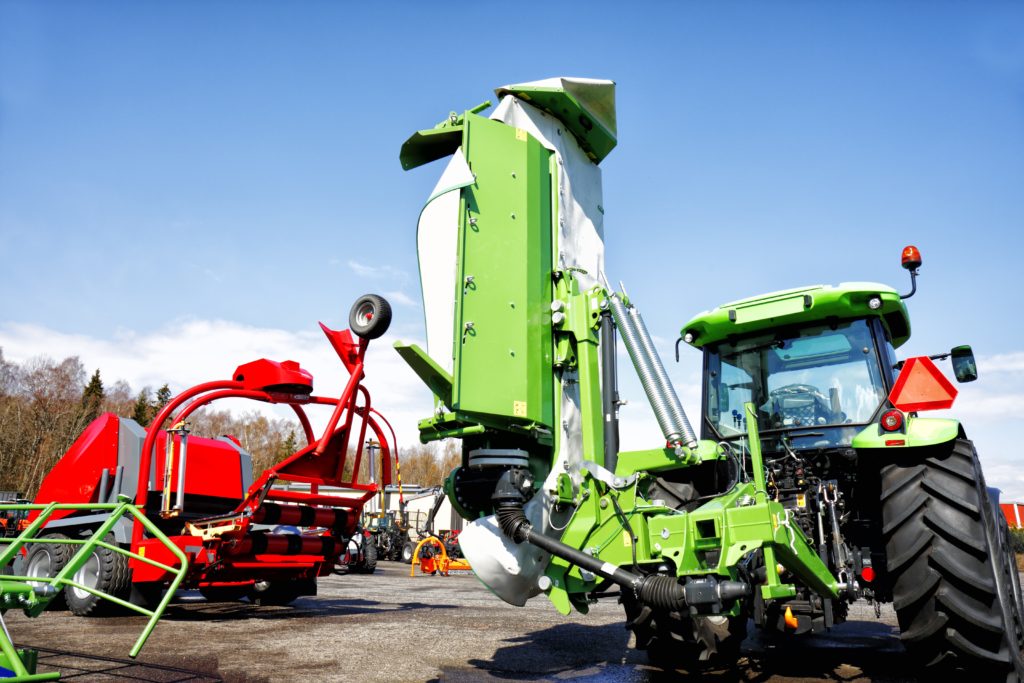Funding programs are available for commercial farms and hobby farms that plan to grow to commercial scale in the next 12 months. A hobby farm is primarily pursued for personal enjoyment, lifestyle, or self-sufficiency. Individuals or families engage in hobby farming as a leisure activity or to produce food for their own consumption. The motivation behind a hobby farm is often the joy of working with the land, raising animals, and cultivating crops without the pressure of turning a profit. If you are unsure if your farm is a hobby farm, please refer to the following differences.

Commercial Farms are Businesses.
A commercial farm operates with the primary objective of generating income. It is a business venture where profitability, efficiency, and productivity are the driving factors. Commercial farmers aim to produce large quantities of agricultural products for sale in local, regional, or international markets. The scale and scope of operations are designed to meet market demands and achieve economic sustainability.
Commercial Farms Require More Land.
Hobby farms are typically small-scale operations. They occupy limited acreage and involve fewer livestock or crops. The focus is on a diverse range of activities rather than intensive production. For instance, a hobby farmer might maintain a vegetable garden, a few fruit trees, some chickens for eggs, and perhaps a couple of goats for milk. The production volume is generally low, catering mainly to the needs of the farmer’s household.
In contrast, commercial farms are large-scale enterprises. They span extensive tracts of land and involve significant capital investment in equipment, infrastructure, and labor. Commercial farms specialize in high-yield production of specific crops or livestock. For example, a commercial corn farm might cover hundreds of acres with the latest agricultural technology to maximize output and efficiency. Some commercial farms are less land intensive, depending on the crops involved.
Commercial Farms Have a Larger Economic Impact.
Hobby farms have minimal economic impact beyond the personal satisfaction and modest local market interactions. They often do not generate significant revenue, and the investment is relatively low. Hobby farmers might spend on basic tools, seeds, and a small-scale irrigation system, but they do not rely on the farm for their primary income. Many hobby farmers have other sources of income, and the farm acts as a supplementary or recreational activity.
On the other hand, commercial farms are integral to the agricultural economy. They contribute substantially to local, national, and global food supplies. The investment in a commercial farm is substantial, covering land acquisition, advanced machinery, labor costs, fertilizers, pesticides, and sophisticated irrigation systems. Commercial farmers often seek loans, subsidies, and insurance to manage the financial risks associated with large-scale farming.
If you already own a Commercial farm, or want to take your hobby farm to the next level and become a Commercial farm we can help you.
Take advantage of the tools available to you to do this. When you are ready to find Government Funding Programs you can access the funding finder here: Farm Grants Funding Finder